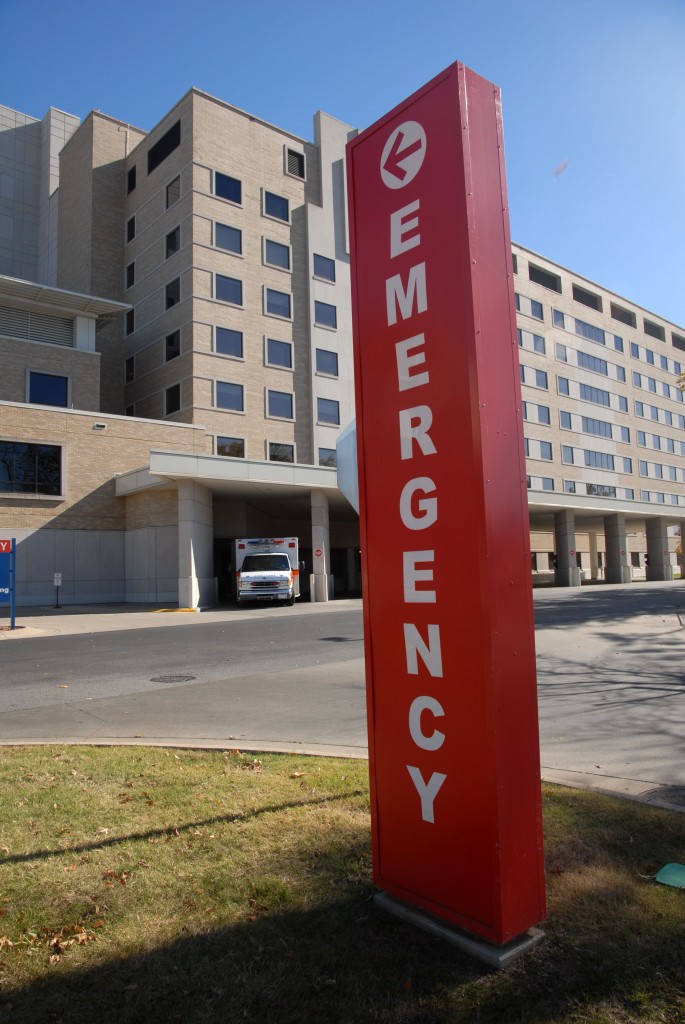Re-posted from Becker’s ASC Review | Written by Rachel Fields | August 30, 2012
 The landscape of the health insurance industry is changing, says Adriaan Epps, director of contracting services with abeo. In the last few years, payors have increased their focus on quality, efficiency, and outcomes, responding partly to the passage of the Patient Protection and Affordable Care Act and partly to the stresses of a recession. More payors are moving towards a system of bundled payments or global payments, under which providers receive a pre-determined amount for a clinically defined “episode of care” or period of time. Others are preparing for the implementation of health insurance exchanges in 2014, when states or the federal government will set up online marketplaces where consumers can comparison-shop for health insurance, thus increasing competition among payors for the lowest rates.
The landscape of the health insurance industry is changing, says Adriaan Epps, director of contracting services with abeo. In the last few years, payors have increased their focus on quality, efficiency, and outcomes, responding partly to the passage of the Patient Protection and Affordable Care Act and partly to the stresses of a recession. More payors are moving towards a system of bundled payments or global payments, under which providers receive a pre-determined amount for a clinically defined “episode of care” or period of time. Others are preparing for the implementation of health insurance exchanges in 2014, when states or the federal government will set up online marketplaces where consumers can comparison-shop for health insurance, thus increasing competition among payors for the lowest rates.
Surgery centers are not always the first to experience changes in payor methodology, but as hospitals move towards bundled payments and tiered networks, ASCs will have to do the same, Mr. Epps believes. Here he discusses five trends affecting reimbursement for surgery centers and physician practices.
1. Bundled payments, global payments and case rates. “Many payors are implementing bundled and global payment systems as a method to improve quality, efficiency, and control costs while partnering with an ambulatory surgery center,” Mr. Epps says. Bundled payments essentially create a model of ‘shared risk’ for the provider and the payor by incenting quality and efficiency rather than frequency of treatment. The payor and the provider negotiate for the rate the payor will reimburse for an entire episode of care, regardless of variable costs. The provider is then incentivized to keep costs down, or risk losing money. Mr. Epps says he is increasingly seeing bundled payments for total hip and knee replacements in surgery centers, as well as certain GI services.
Bundled payments have been touted by the Obama administration as an answer to dangerously high healthcare costs in the United States. But Mr. Epps says surgery centers should remain cautious when dealing with a payor who wants to negotiate a bundled payment or case rate. “A case rate can result in risk,” he says. “What if the procedure lasts longer than it should due to a complication? The case rate must cover your costs, and it is imperative to know how efficient you are at providing clinical services.” He says it’s important for the ASC to go into the negotiation knowing exactly how much they’re currently receiving for their cases. If the surgery center will receive more patients from the payor by negotiating a case rate, that volume could make up for any decline in individual case reimbursement….MORE
